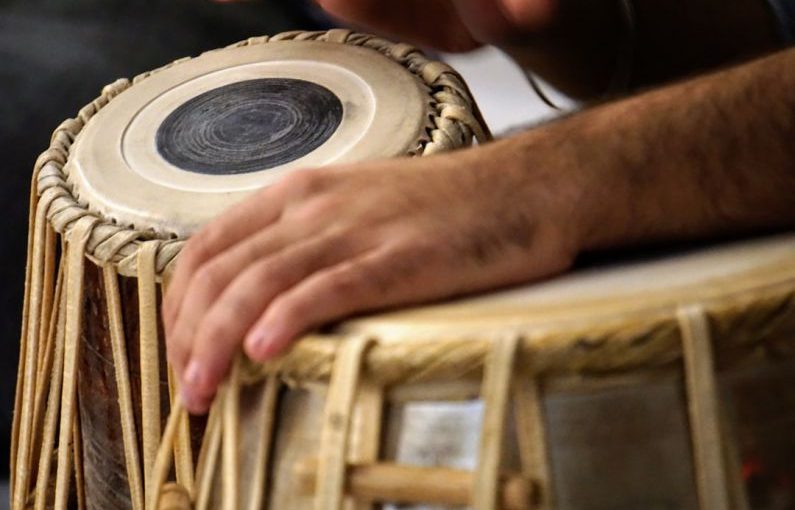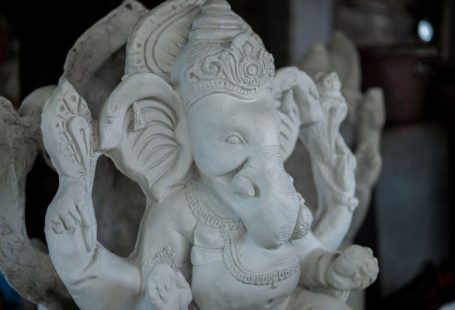Music has long been recognized as a universal language that transcends boundaries, connecting people from different cultures and backgrounds. It serves as a powerful tool for cultural exploration, offering a unique window into the traditions, beliefs, and values of various societies around the world. Through the melodies, rhythms, and lyrics of different musical genres, individuals can gain a deeper understanding of diverse cultures and foster cross-cultural appreciation. The role of music in cultural exploration is significant, as it not only entertains but also educates and enriches our lives in profound ways.
**The Influence of Traditional Music**
Traditional music plays a crucial role in preserving the cultural heritage of communities. It serves as a link to the past, carrying with it the stories, customs, and identities of generations that came before. Through traditional music, individuals can learn about the history and values that shape a particular culture, gaining insight into the struggles, triumphs, and daily lives of its people. Whether it be the haunting melodies of Celtic folk songs, the rhythmic beats of African drumming, or the intricate sitar compositions of Indian classical music, traditional music offers a window into the soul of a culture, reflecting its unique essence and spirit.
**Exploring Identity Through Contemporary Music**
Contemporary music, on the other hand, reflects the dynamic nature of culture, constantly evolving and adapting to modern influences. Artists draw inspiration from their cultural backgrounds, blending traditional elements with contemporary sounds to create music that is both innovative and reflective of their identities. Through contemporary music, individuals can explore the complexities of cultural identity in a globalized world, where boundaries between traditions blur and new forms of expression emerge. Whether it be K-pop’s fusion of traditional Korean music with modern pop sensibilities or the fusion of reggae and hip-hop in Jamaica, contemporary music offers a platform for cultural dialogue and exchange, challenging stereotypes and breaking down barriers.
**Music as a Bridge Between Cultures**
One of the most powerful aspects of music is its ability to bridge the gap between different cultures, fostering understanding and empathy among people from diverse backgrounds. Music festivals, concerts, and cultural events provide opportunities for individuals to experience the richness and diversity of world music, bringing together artists and audiences from around the globe. Through shared musical experiences, individuals can connect on a deeper level, transcending language and cultural barriers to find common ground through the universal language of music. Whether it be through collaborations between musicians from different cultures or the fusion of musical styles from various traditions, music serves as a bridge that unites people in celebration of their shared humanity.
**Music as a Tool for Social Change**
In addition to its role in cultural exploration, music also serves as a powerful tool for social change and activism. Throughout history, musicians have used their art to raise awareness about social issues, advocate for justice, and inspire positive change in their communities. From protest songs that amplify the voices of marginalized groups to anthems that unite people in the fight against oppression, music has the power to mobilize and empower individuals to create a better world. Whether it be through the rallying cries of hip-hop artists addressing systemic racism or the anthems of the civil rights movement that continue to resonate today, music has the ability to inspire, provoke, and ignite social movements for justice and equality.
**Embracing Diversity Through Music**
In a world that is becoming increasingly interconnected, the role of music in cultural exploration has never been more vital. By embracing the diversity of musical traditions and genres from around the world, individuals can expand their horizons, challenge their perspectives, and cultivate a greater appreciation for the richness of human culture. Through music, we can celebrate the differences that make us unique while recognizing the common threads that bind us together as a global community. As we continue to explore the world through the lens of music, let us embrace the transformative power of sound to transcend borders, foster understanding, and unite us in a shared journey of cultural exploration and discovery.





